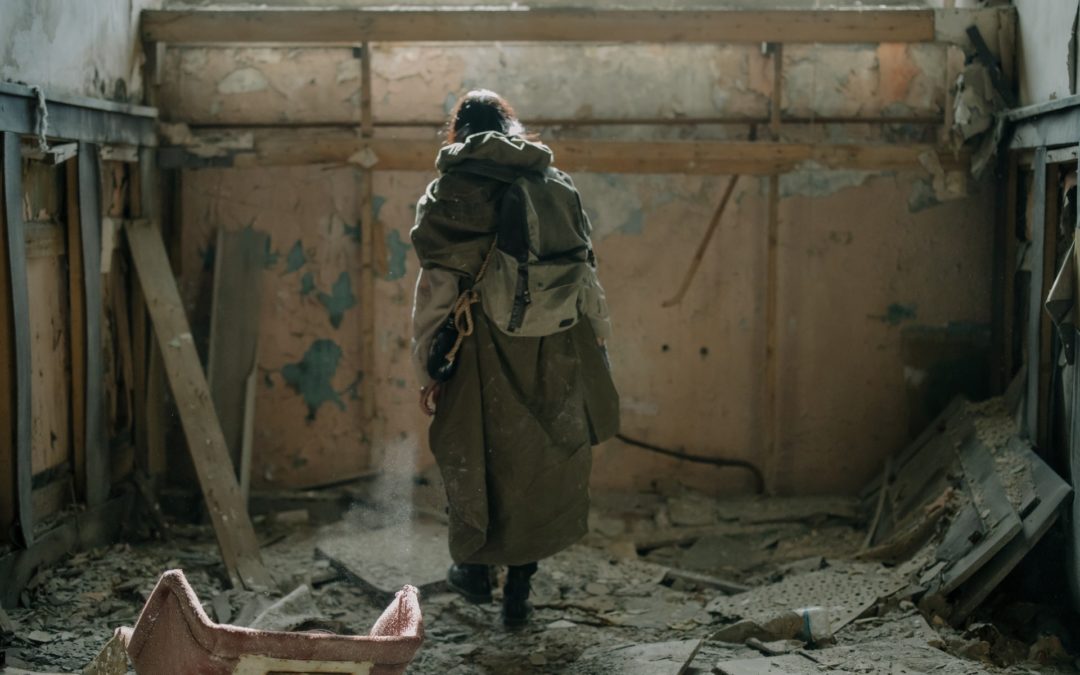When I tell friends, family, and colleagues that I’ve co-authored a dystopian novel, they sometimes ask things like: “Why dystopian? Isn’t the world post-2020 dystopian enough? Do we really need to enter a fictional world to experience dystopia? Is dystopian fiction even needed anymore?”
These are all good points. And I must admit that the series that my wife and I are working on—beginning with In the Shadows of Freedom—was conceived long before COVID-19 became a household name. Yet I do maintain that dystopian fiction has its place even in times and places where dystopia seems to rule the day.
Can History Repeat Itself?
As the Nazis rose to power in 1930s Germany, how beneficial it would have been for the German people to be reading dystopian novels about corrupt political regimes ending in violent persecution and bloodshed. As the Bolsheviks plunged Russia into seventy-odd years of darkness, how well the Russian populace would have done to read about dystopian societies where classes have been eliminated, yet total repression and murder triumph.
I’m not necessarily saying that we stand upon the precipice of an even darker dystopia than we have known in 2020 and 2021 (to date). What I am saying is this. Just as Churchill’s famous maxim exhorts us, “Those that fail to learn from history are doomed to repeat it,” so those who fail to learn from fiction are ill-prepared for a future reality.
History and Storytelling
As my wife Cassandra alluded to in her blog post, “Dreams of a Young Storyteller,” history is a form of storytelling. The novelist and the historian are in some ways doing the same thing, it’s just that the historian tells what really happened in our world and the novelist tells what really happened in the fictional world of the novel.
So the first point here to stress is that fiction can and should be more than just entertainment. A mindless feel-good story may have its place, but the best fiction not only makes you think, but makes you re-evaluate the kind of life you’ve been living. In other words, if fiction doesn’t invite you to change your life, even in some small way, then something is missing.
So Why Dystopian?
So what does this have to do with dystopia? Well, dystopian fiction tends to make you think. It makes you wonder if all of this could really happen in my lifetime, in my country, in my world. It makes you wonder how the dystopian situation got the fictional world to where it is and what could have been done to avoid it. And it also makes you think about ways a society in a dystopian moment can escape and return to a better state of affairs.
Plus the story itself must be fascinating. After all, an interesting premise (a dystopian world of some sort) without an interesting plot and characters will fall flat and entertain you little and teach you less.
Writing as a Team
In this writing team with my wife Cassandra, you can probably tell already that I like to work on the “outer conflict:” the political philosophy, the big picture, the dystopia. And she enjoys the “inner conflict:” the characters, the dialogue, the relationships, the personal developments (or lack thereof). This interesting mix of story and meaning, of entertainment and purpose, blends itself into our first series (The Shadows of Freedom Series), launching with the first installment: In the Shadows of Freedom.
What do you think of dystopian fiction? Leave us a comment to let us know your thoughts and if you agree/disagree on some of the ideas in this post. We look forward to hearing from you!



I love the reasons you gave for reading dystopian fiction.